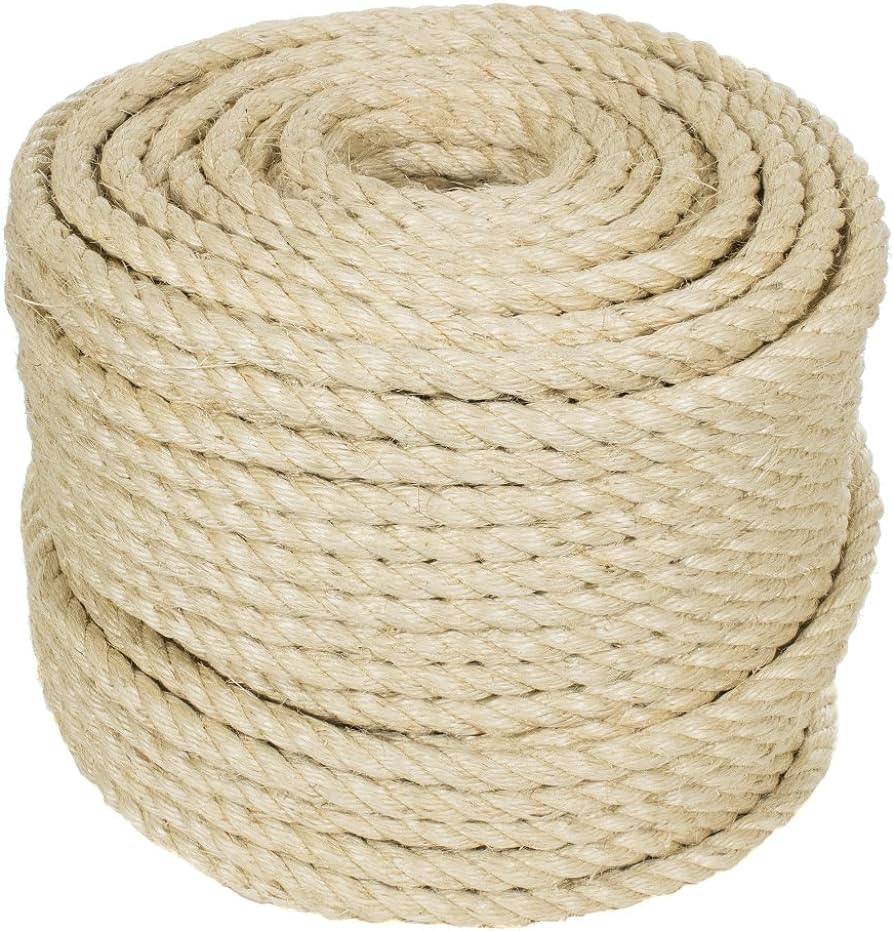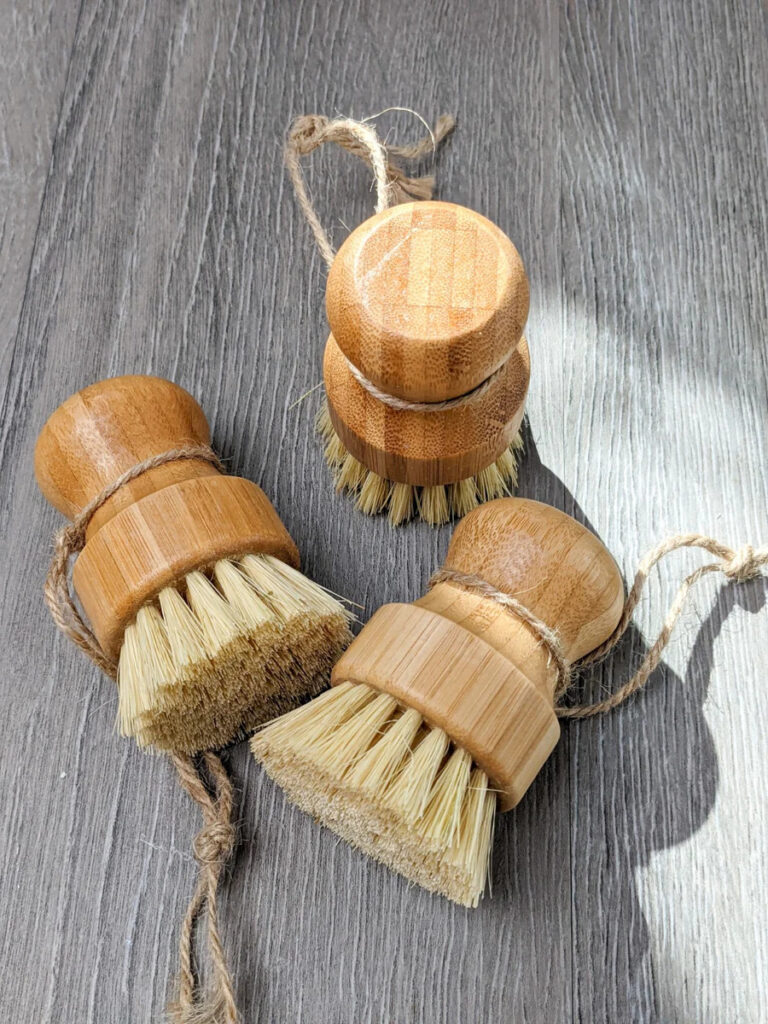Sisal Fiber
Sisal fiber is a natural fiber derived from the leaves of the sisal plant (Agave sisalana). The sisal plant is a species of agave that is native to southern Mexico but is now cultivated in many tropical and subtropical regions worldwide. The fiber is known for its strength, durability, and versatility.
Here are some key characteristics, extraction and uses of sisal fiber:
Strength and Durability: Sisal fibers are strong and durable, making them suitable for various industrial and commercial applications.
Fiber Extraction: The process of obtaining sisal fiber involves extracting it from the leaves of the sisal plant. The leaves are crushed to remove the pulp, and the remaining fibers are then cleaned and dried.
Appearance: Sisal fibers are typically coarse and have a yellowish to off-white color. The fibers can be further processed to create a variety of textures and thicknesses.
Versatility: Sisal is used in the production of a wide range of products, including ropes, twines, yarns, carpets, rugs, mats, and various other goods. The versatility of sisal makes it valuable in both industrial and domestic applications.
Environmental Sustainability: Sisal is considered an eco-friendly material because it is biodegradable and renewable. The sisal plant requires minimal water and can thrive in arid regions, contributing to its sustainability.
Natural Resistance: Sisal fibers have natural resistance to deterioration from bacteria, saltwater, and sunlight, making them suitable for outdoor applications.
Sisal has found a place in various industries due to its desirable properties and eco-friendly nature. The popularity of sisal has endured over the years, and it continues to be an important natural fiber in the global market.

Sisal Fiber

Sisal Rope

Sisal Bath Mitt
West Africa Sisal Fiber

Tanzania Sisal Fiber
100 kg per bale
260 bales per container

Kenya Sisal Fiber
100 kg per bale
260 bales per container
Common Sisal Fibers Uses
Sisal fiber is a versatile material that finds applications in various industries due to its strength, durability, and other desirable characteristics. Some common uses of sisal fiber include:
Ropes and Twines: Sisal is widely used in the production of ropes and twines due to its high tensile strength. Sisal ropes are used in agriculture, construction, shipping, and other industries where a strong and durable rope is required.
Carpets and Rugs: Sisal fibers are often woven into carpets and rugs. Sisal carpets are valued for their natural appearance, durability, and resistance to wear and tear. They are commonly used in both residential and commercial settings.
Mats and Matting: Sisal mats are popular for use as doormats, area rugs, and floor coverings. The coarse texture of sisal makes it effective in trapping dirt and debris, making it suitable for high-traffic areas.
Geotextiles: Sisal is used in the production of geotextiles, which are materials used for erosion control, soil stabilization, and other civil engineering applications. Sisal’s natural resistance to deterioration makes it suitable for use in various environmental conditions.
Crafts and Artwork: Sisal fibers are used in crafts and artwork, where their texture and natural appearance add aesthetic value. They can be incorporated into sculptures, wall hangings, and other creative projects.
Furniture and Upholstery: Sisal fibers are sometimes used in furniture and upholstery, providing a natural and eco-friendly alternative. Sisal can be blended with other materials to create unique textures for furniture pieces.
Paper and Packaging: Sisal fibers are utilized in the paper and packaging industry. They can be used to produce specialty papers, including those used for tea bags and currency notes. Sisal packaging materials are appreciated for their strength and environmental sustainability.
Agrotextiles: Sisal is employed in agriculture as agrotextiles for applications such as crop protection, shade cloth, and erosion control. The fibers can be woven into mats or used as netting to provide support and protection for crops.
Brushes and Brooms: Sisal fibers are suitable for making brushes and brooms due to their stiff and durable nature. The fibers provide effective cleaning and are often used in household and industrial cleaning tools.
Fashion and Accessories: Sisal fibers can be used in the fashion industry to create accessories such as hats, bags, and belts. The natural and rustic appearance of sisal adds a unique and eco-friendly element to fashion items.
These are just a few examples of the many ways sisal fiber is utilized in different industries and applications. The versatility of sisal makes it a valuable natural resource for a wide range of products.






